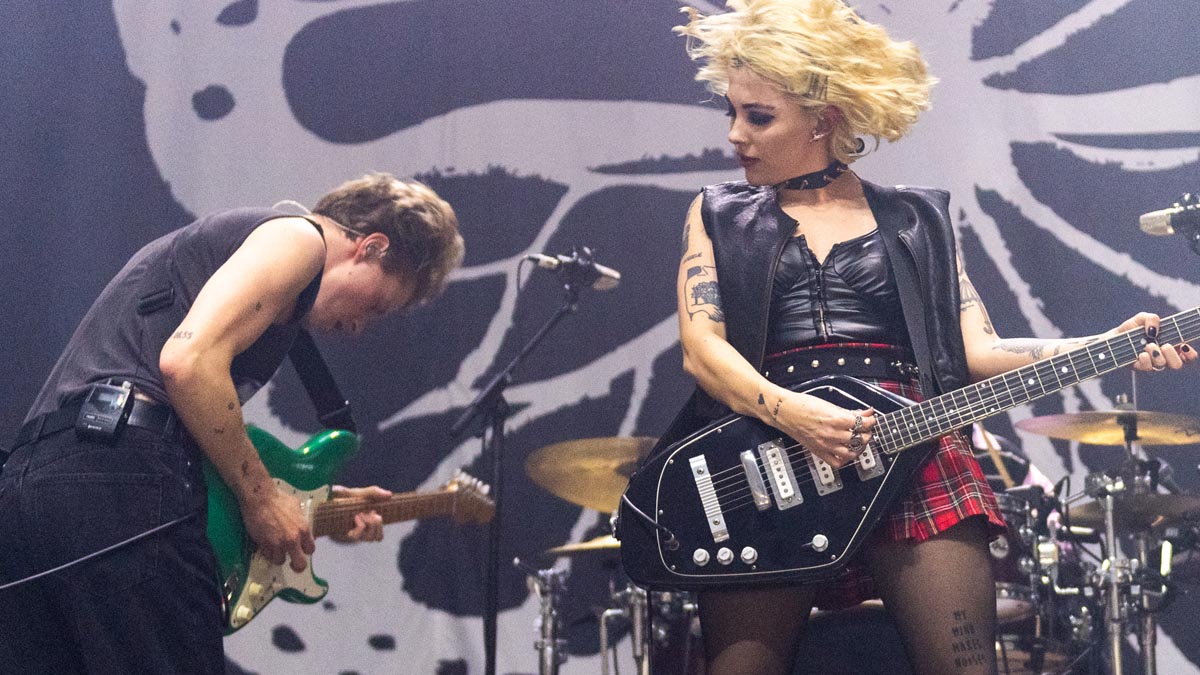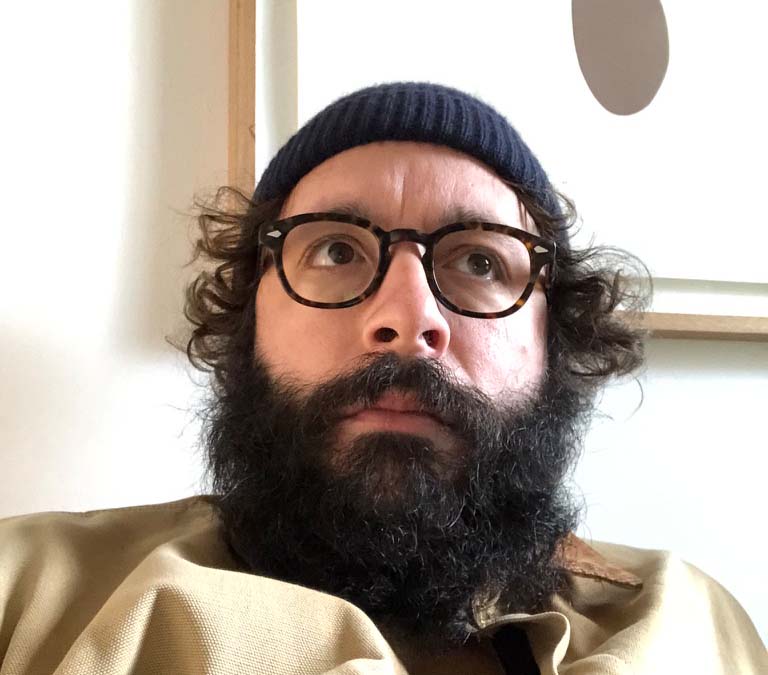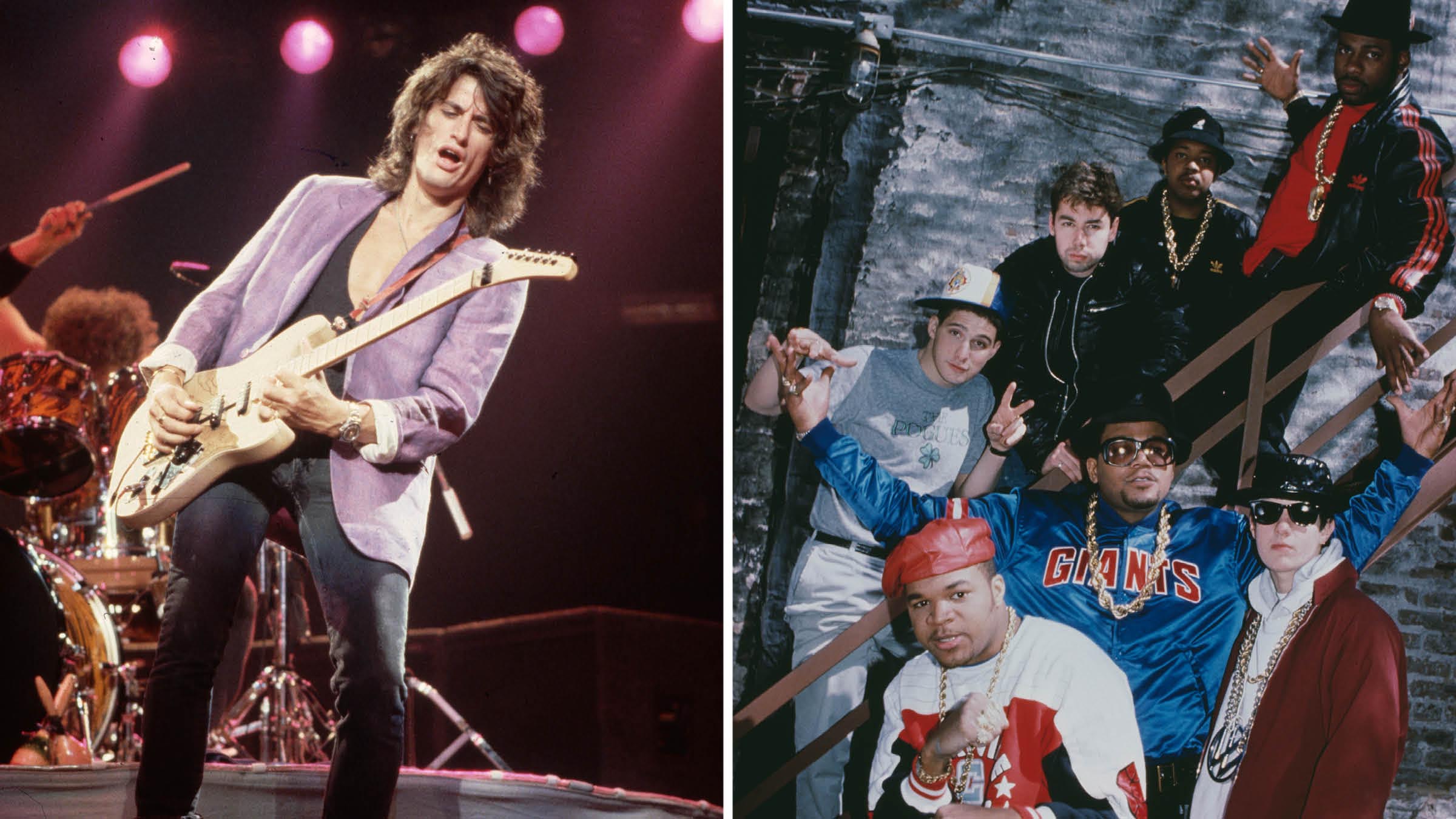Pale Waves on embracing “heavy distortion and chaos and power” and how The 1975's Matty Healy got them hooked on Vox's coffin-shaped Phantom
Heather Baron-Gracie and Hugo Silvani detail their evolution from a synth-pop sound to high-volume pop-punk with irresistible hooks

All the latest guitar news, interviews, lessons, reviews, deals and more, direct to your inbox!
You are now subscribed
Your newsletter sign-up was successful
The first thing that strikes you about Pale Waves’ Unwanted is that it is loud. Like, loud in the volume sense. Even with the dial turned down it still sounds up. It isn’t background music.
All this is by design on an album that takes the Manchester band’s sound from the soft focus of indie and synth-pop toward something harder and more immediate. You could call it pop-punk, so long as it is on the understanding that the needle ping-pongs between either extreme.
Lead singer and guitarist Heather Baron-Gracie admits the volume is crucial, perhaps never more so than on occasions such as this when she knew exactly what she wanted to say with the songs. When you’re certain about something, volume becomes an important dynamic; it makes you want to shout.
“We all listen to music so loud, and we always get told off because we have our in-ears so loud as well,” Heather says. “We don’t like listening to soft music. It was really important for us that we sounded like an actual band. We have grown a lot as players and performers, and as writers, and we just wanted to turn up with real instruments and turn the backing track down.
“That meant that it was gonna be really loud but that is what we wanted. We wanted it to be really unapologetic, and really in your face. Force people to listen to it; they don’t have a choice.”
Pop-punk is by its nature a breezy and ostensibly people-friendly art form. It works gangbusters or not at all. But it’s really quite an insidious business when you think about it. Like screenwriting, it survives on its ability to manipulate its audience, to elicit a reaction, to render them helpless. For Heather, one of the ways you know that songs such as Jealousy and Alone are working for people is to see them react in real-time. The audience doesn’t stand a chance.
“Yeah, we were playing Jealousy from February, before it even came out, and you can just tell,” she says. “The crowd just interacts with this song so much more than the others. When we were on tour with Five Seconds of Summer in the US, a lot of people didn’t know us and when we played Jealousy it was like everyone in the room just lit up – including us – and you can tell that that song always got the best reaction and that kind of made us feel like, oh shit, we have made the right record here.”
All the latest guitar news, interviews, lessons, reviews, deals and more, direct to your inbox!
When we played Jealousy it was like everyone in the room just lit up – including us – and you can tell that that song always got the best reaction
Heather Baron-Gracie
That gave Pale Waves the confidence they needed. The band knew they had something. Heather knew the songwriting was bang on the money.
Unwanted was written in Burbank, California, then recorded in Los Angeles under the auspices of producer Zakk Cervini. Manchester has a rich history in pop music and indie rock but La La Land has the sun, the palm trees, and the heightened sense of reality that comes with a city in which everyone is trying to be someone or something else.
“LA feels like it’s its own entity,” Heather says. “It has a separation to the outside world in a way, and I think that’s good but also bad at the same time.” What it offered Pale Waves was that support network. It was a place where everybody involved with the record knew exactly what they wanted to achieve.
There is arguably no one better than Cervini for contemporary pop-punk. A big part of Pale Waves’ sound is a sense of space. Ciára Doran’s drums have room to push air around in. Charlie Wood’s bass guitar is elemental, like it has a centre of gravity unto itself.
“Yeah, you talked about the album being so loud before and one thing that allows it to be so loud is that it is not over-complicated,” says lead guitarist Hugo Silvani.
“There are a few elements going on but you can push them to make them sound absolutely massive. Whereas, if you’ve got a hundred things on, making it sound super loud and aggressive suddenly becomes very difficult because you are battling against every single element.”
“I don’t like to overcomplicate things,” adds Heather. “Let the song speak for itself. Everything around it has to benefit the song and enable it to work even better, to perform even better. I tend to be like, ‘We don’t need to layer this guitar 10 times. It already sounds amazing.’”
Baron-Gracie’s vocals dominate the foreground of the mix but they’re supported by rhythm guitars with box office tones, all pristine ’80s sheen, saturated, thickened with modulation that Silvani credits to double tracking and plugins from STL ToneHub.
Neural DSP plugins were used for the similarly varnished cleans. Not only did this in-box-solution give Silvani and Baron-Gracie the tones they were looking for, it saved time in the studio, maintaining focus on the performances.
“The tweakability of it is insane, and also it sounds real,” Hugo says. “If you’re going to tell me that anyone can tell it’s not a Marshall amp, then I just don’t believe it.”
There were still real guitar amps in the setup. Silvani was putting his number one Gibson Les Paul through a Klon overdrive pedal and going direct through a Marshall head. Cervini’s custom made Fender Telecaster made it onto a few tracks, as did a Gibson ES-335 semi-hollow, which Silvani prized for its transparency.
What would you have if you were in a practice room? A couple of guitars, your pedals... That is what makes it coherent
Hugo Sylvani
“It was mainly those three things because it keeps coherency,” he explains. “When you have those constraints, it allows you to create more with the sound. Whereas you could have 15 different guitars and use a different guitar for each layer, a different pedal for every modulation sound on the album, but I think that blurs the potency of the record and the world you have created.
“What would you have if you were in a practice room? A couple of guitars, your pedals... That is what makes it coherent. You never want to blur the pop songwriting that is always there in our songs.”
What it comes down to is a sensibility. Pale Waves have given themselves enough room that they can retrofit different musical atop the pop framework. Just as long as the pop hooks are left untouched, they can warp their sound in all kinds of ways, giving their songs a new type of energy.
We always want a song that everyone can listen to the chorus once and then sing it back to you
Heather Baron-Gracie
Unwanted is direct, pugnacious. As Heather says, “I wanted heavy distortion and chaos and power.” This could have been written on the whiteboard in the control room. It is the spirit in which the record was made. But that said, Pale Waves still chase down the melodies and pursue hooks as far as they’ll go. They’ll still pull their audience in on a trail of eighth-note breadcrumbs and the promise of a sing-along chorus any time now.
“It is always a pop song but we just decorate it differently, and that has always been super important to us, that we maintain that, because that is the core of us,” Heather says. “We always want a song that everyone can listen to the chorus once and then sing it back to you. We don’t really have an interest in playing an eight-minute song where no one can remember what they heard.”
Baron-Gracie has a degree in music from BIMM, in Manchester, so maybe that could account for the meticulous craft you hear on Unwanted. Then again, maybe not. She says she is not so sure what she learned from it all. But then, that stuff tends to get buried under the experiences of actually doing this for a living, of becoming a performer, seeing your compositions in action.
In 2021, with Who Am I?, maybe Baron-Gracie wasn’t so sure of herself. But Unwanted benefits from a clarity of purpose. It has a coherence. When you catch Pale Waves live, she guarantees you’ll remember the songs, you’ll soon work out how they’ll go. And you’ll undoubtedly find her onstage with a Fender Mustang or her beloved Vox Phantom.
My Vox Phantom doesn’t sound great. It sounds a bit like s**t. But when you put it through the pedals it sounds decent and it looks amazing
“I feel like there are two classic guitars in my life that I have a sentimental attachment to them that I struggle to replace them,” she says. “A guy went to Italy and made that black Vox Phantom just for me so it is hard for me to pick up a generic guitar that anyone could have because I feel like this is a special guitar of mine and it is definitely one of my most prized possessions.
“I mean, it doesn’t sound great. It sounds a bit like shit. But when you put it through the pedals it sounds decent and it looks amazing. I am about the aesthetic too. I actually got into the Vox Phantom because Matty [Healy] from The 1975 gave me a 12-string Vox Phantom for my birthday, and that theme of just having the Vox Phantom carried on because it is the shape of a coffin and I kind of like the gothicness of that.”
- Unwanted is out now via Dirty Hit.
Jonathan Horsley has been writing about guitars since 2005, playing them since 1990, and regularly contributes to publications including Guitar World, MusicRadar and Total Guitar. He uses Jazz III nylon picks, 10s during the week, 9s at the weekend, and shamefully still struggles with rhythm figure one of Van Halen’s Panama.

